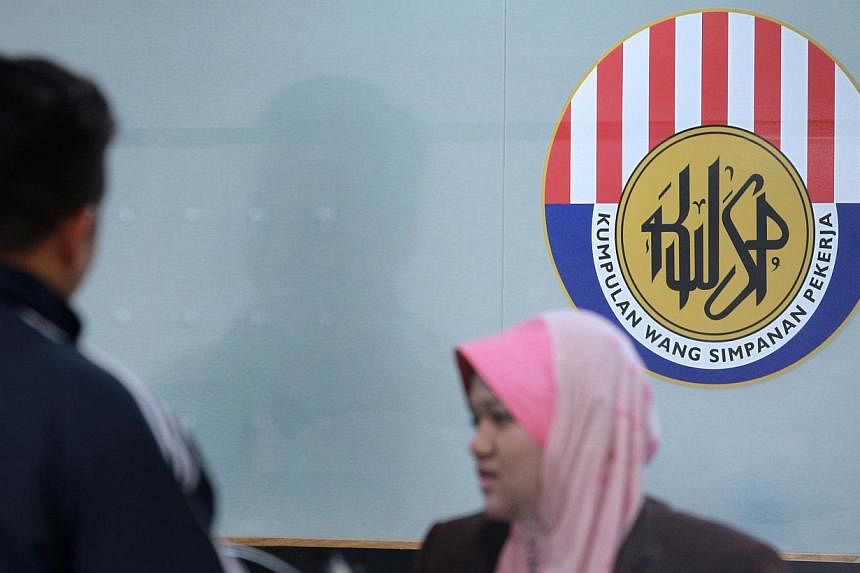KUALA LUMPUR (Reuters) - Malaysia's US$160 billion state pension fund will offer an Islamic investment option to its members by 2017 which would create the world's largest sharia-compliant fund of its kind, Prime Minister Najib Razak said on Thursday.
The move could funnel billions of dollars into sharia-compliant asset managers in Malaysia in a boon for the country's Islamic finance sector.
Malaysia has one of the world's largest Islamic finance sectors and authorities are keen to develop it further. They envision the industry accounting for 40 per cent of the country's total banking assets by 2020 compared with latest figures of around 23 per cent released last year.
This will create the largest sharia fund of its kind in the world, and will further strengthen Malaysia's position as a leading Islamic financial centre," Najib said at the launch of an investment conference in Kuala Lumpur.
He did not specify how big he thought the sharia-compliant standalone fund could be.
The Employees Provident Fund (EPF) already invests about a third of its portfolio in stocks and bonds that comply with Islamic principles, which ban interest payments and pure monetary speculation.
The EPF, which has consistently outperformed its guaranteed minimum dividend of 2.5 per cent annually, hired consultants last year to study the feasibility of a state-backed pension fund focusing entirely on sharia compliant investments.
Najib said the Securities Commission is also developing a blueprint for the country's Islamic fund and wealth management industry to help chart its strategic direction.
In 2012, the government launched a private retirement scheme (PRS) which included Islamic options. As of December, they represented 29 percent of total PRS assets under management.
Malaysia's sovereign wealth fund Khazanah Nasional will add to the government efforts by issuing a RM1 billion socially responsible Islamic bond, which has now received regulatory approval, Najib added.
The moves could help boost Malaysia's economy, which has faced weakness due to the slump in oil prices and rising debt.
The Prime Minister said Malaysia's GDP is expected to grow between 4.5 per cent and 5.5 per cent in 2015. The finance ministry expects GDP to increase by 0.3 per cent and the exports by 0.5 per cent after the goods and services tax came into effect on April 1, he added.

